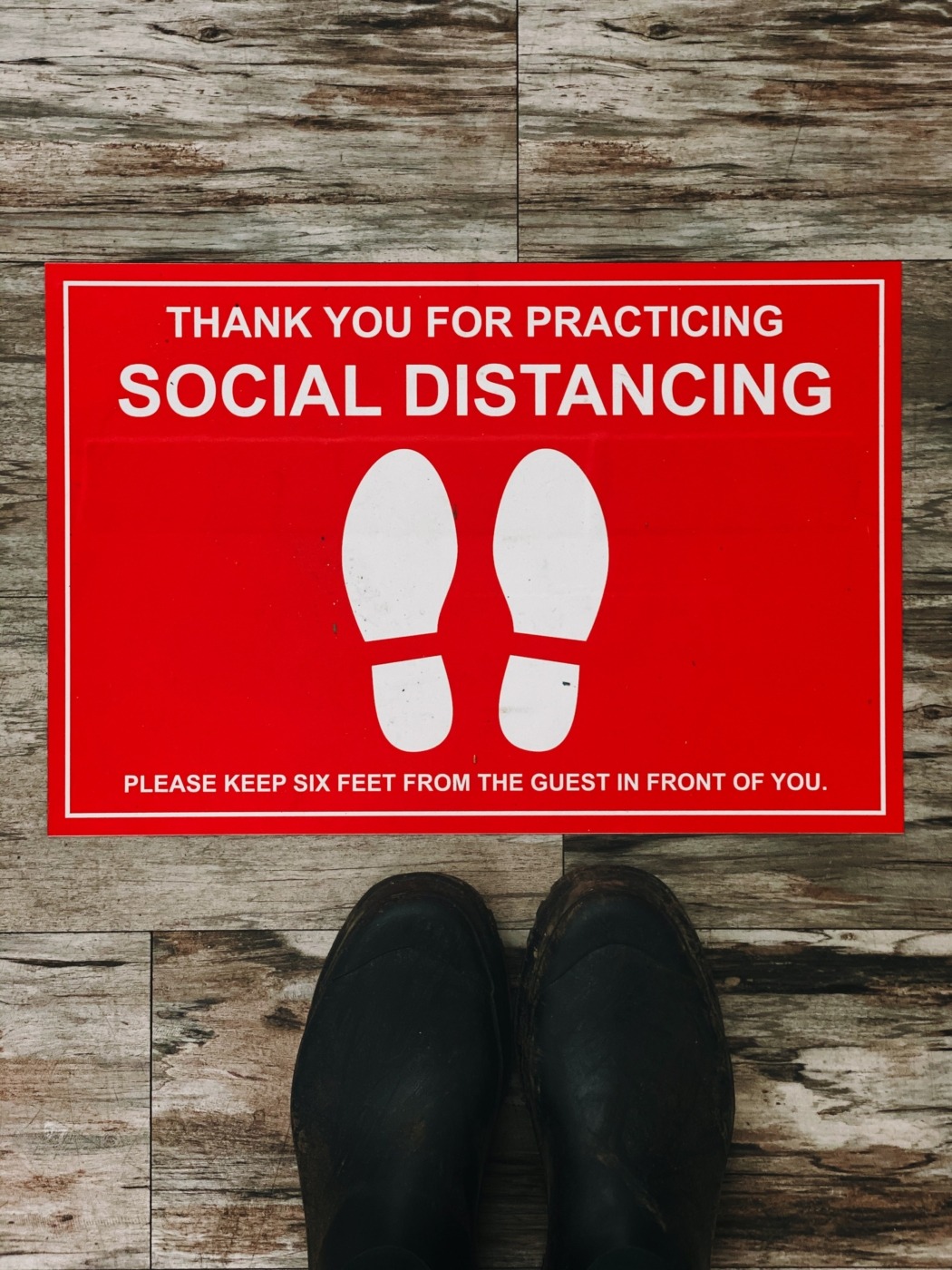Should theatre be reopening at full capacity?
The chance to return to the theatre was one of the brilliant things about the reopening of society on May 17th. That, alongside cinemas being back, allowed the collective viewer experience to appreciate or deride – depending on what was showing – different aspects of culture. While everyone may have got used to, and perhaps even enjoyed, watching culture at home, that shared, collective engagement with culture was not there.
However, even the reopening did not entail a full return to normality. There was socially distanced seating, individuals had to leave their contact details in case someone tested positive, strong one way systems were in place, hand sanitiser was everywhere. You could not find somewhere more secure and sterile. That meant however the quality of such places for their wider enjoyment has been jarring and inevitably reduced.
The removal of nearly all restrictions from July 19th has instead allowed theatres to reopen at full capacity. There is no doubt they need the money from customers, whether in the West End or smaller, local theatres. It has been 16 months since they were last open at such a scale – either a full closer or half opening is what audiences have needed to become used to.
There is no doubt they need the money from customers, whether in the West End or smaller, local theatres
An ideal world would ensure that theatre reopening at full capacity could be permanent and as safe as possible to audiences. Unfortunately, we are far from that ideal world. While increased cases haven’t seen the same sharp rise of hospitalisations and deaths, they have instead led to numerous people self-isolating, not least those who have been in contact with positive Covid individuals.
The debate on reopening theatres at full capacity doesn’t even need to begin from a moral perspective, but just a practical one. Practically, if vast members of the cast and crew have to isolate for ten days due to a positive case, the show cannot go on. Andrew Lloyd Webber’s new show Cinderella had its opening nights cancelled because of the cast and crew being told to isolate. The show was due to commence at the Gillian Lynne theatre but had to be delayed due to a member of the cast testing positive.
Cinderella is far from the only show at the ball to suffer such an awful fate. The Prince of Egypt, also showing in the West End, had to cancel its opening shows due to positive cases, with theatre outside the West End also affected. Hull New Theatre had been aiming to show Six the Musical, but positive Covid cases meant the shows were rescheduled to next April.
The debate on reopening theatres at full capacity doesn’t even need to begin from a moral perspective, but just a practical one
The irritation seems to specifically be related to close contacts of Covid cases who, using the more reliable PCR tests, repeatedly test negative and yet are unable to rehearse or take part in the show. Requiring close contacts to isolate, even if they are already double vaccinated, invariably creates a domino effect that barely leaves anyone able to take part in the show.
The rippling effect on theatres for the future looks stark, not least for companies trying to start new products. Sir Kenneth Branagh, the legendary actor and director, has axed a forthcoming production in London because of regulations imposed by the Covid enforced absences, invariably diminishing what is available for viewers in the theatre.
Thanks to the vaccines, the current concern has now shifted from the fear of severe health risks to focus more on the inconvenience of isolation and disruption it causes
This is of course all considered before the audience are even bought in. 100% seating capacity would have people in the close company of others and no doubt increase the risk of coronavirus cases. Thanks to the vaccines, the current concern has now shifted from the fear of severe health risks to focus more on the inconvenience of isolation and disruption it causes.
Ultimately, theatres and the government must trust the judgement of visiting audiences. People should go into the theatres well aware that they are at full capacity. Tickets should be booked with that central knowledge in mind and the risks that this could cause. There should be hope that, at its worst, coronavirus simply becomes like the flu. That is something that blights the NHS and the country every winter, but theatres do not close for it. Ultimately, the government must ensure that productions are allowed to perform and that audiences visit well aware of the potential risks at hand if they choose to go.

Comments